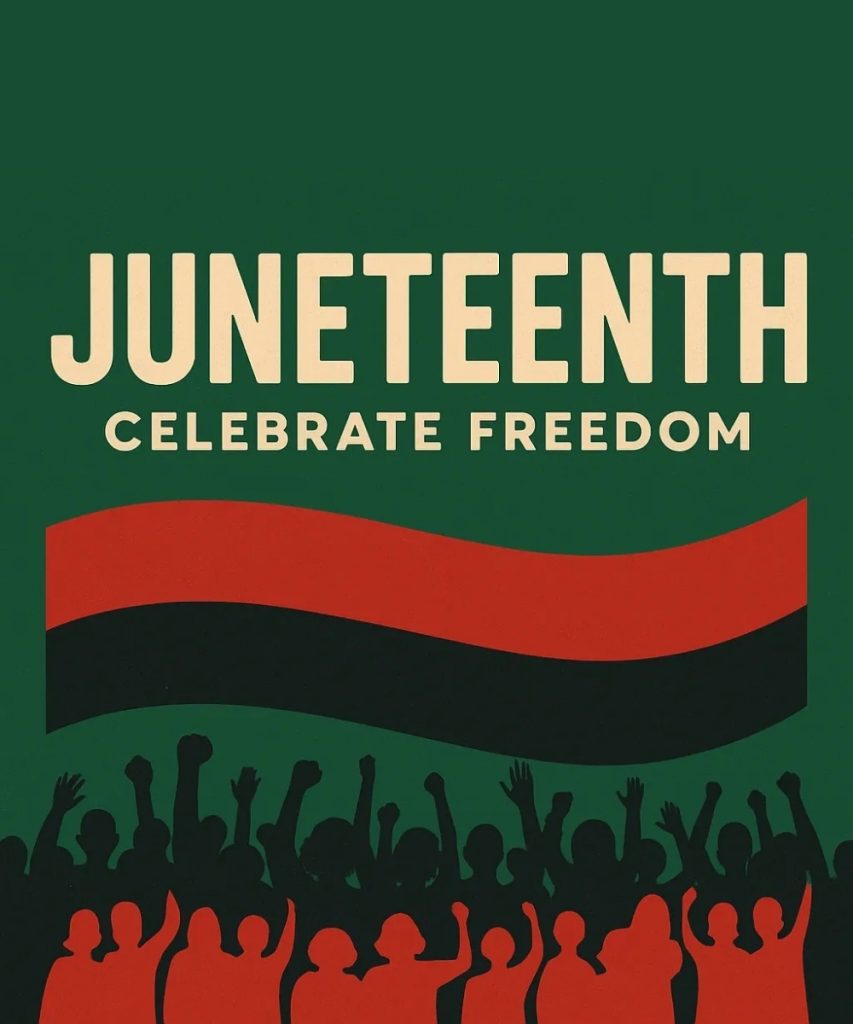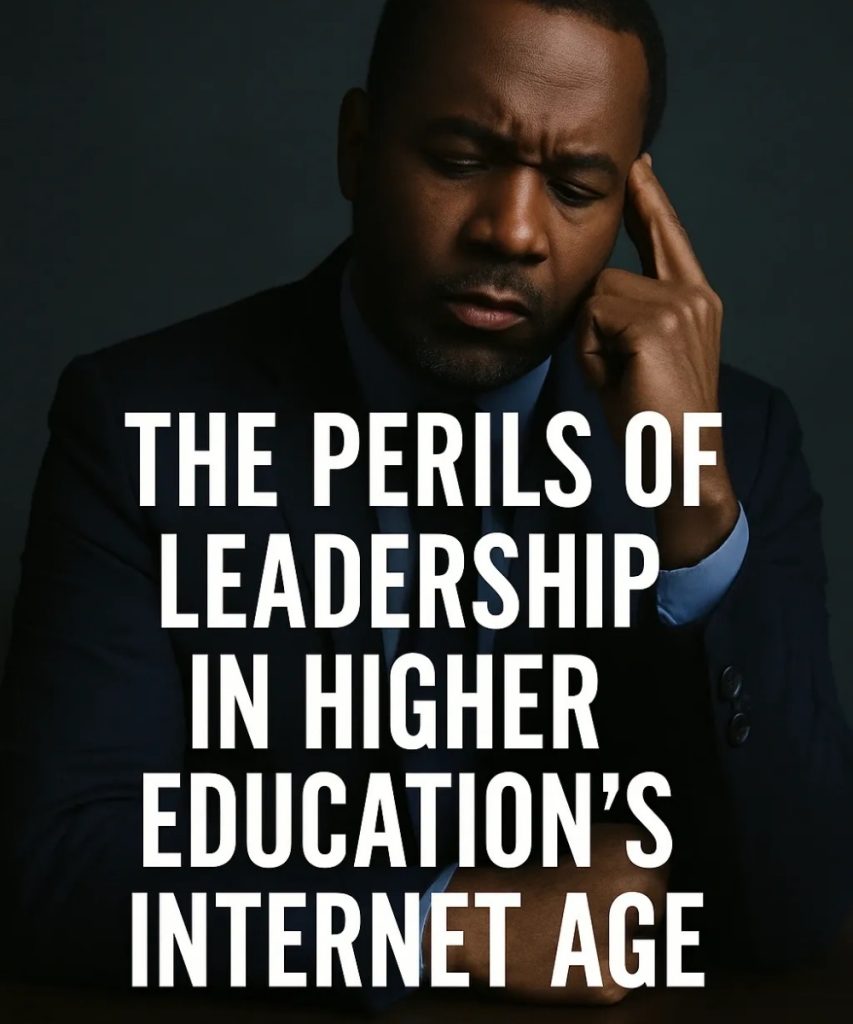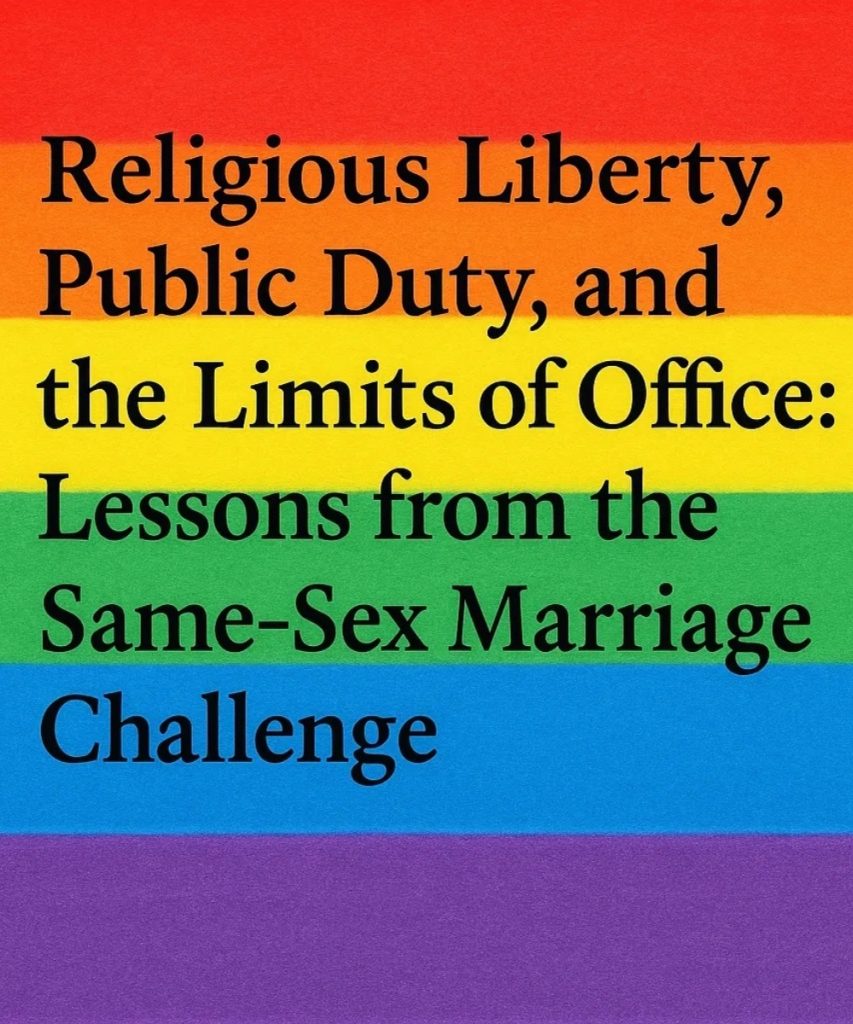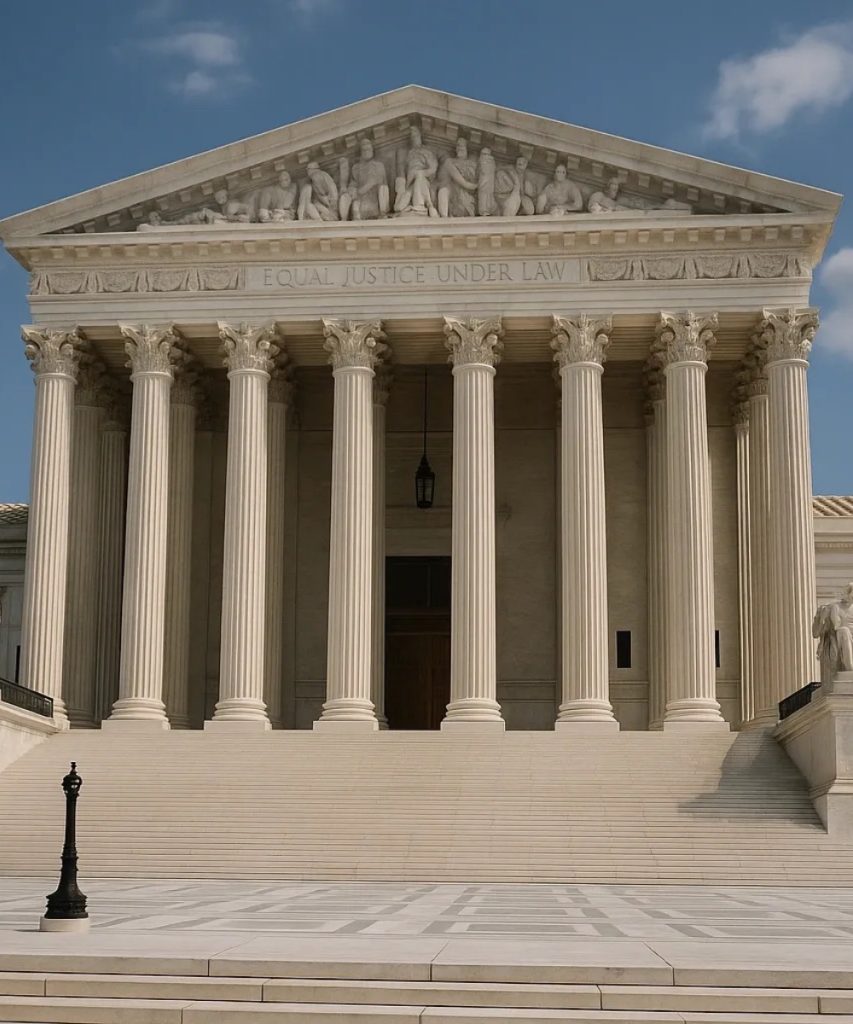On June 19, 1865, more than two years after President Abraham Lincoln signed the Emancipation Proclamation, Union General Gordon Granger arrived in Galveston, Texas, and issued General Order No. 3, informing enslaved African Americans that they were free. That day, now known as Juneteenth, marks the delayed but decisive announcement of freedom for the last remaining enslaved Black people in the United States. It is a moment of jubilation and a stark reminder of the gap between law and justice.
For generations, Juneteenth has been sacred within African American communities. It is a celebration of freedom, resistance, faith, and cultural endurance. It is also a reminder that even when laws change, power does not easily concede, and the road to justice remains long and uneven.
Juneteenth is not just Black history. It is American history. It holds a mirror to the nation, reflecting both its ideals and its deepest betrayals. It asks every American to confront the enduring question: What does it mean to be free?
The Broken Promises of Emancipation
The promise of Juneteenth was monumental, but its full realization has been obstructed by generations of injustice. After slavery ended, the Reconstruction era offered a glimpse of multiracial democracy. That progress was violently dismantled through Jim Crow laws, white supremacist terror, and federal abandonment. The Thirteenth Amendment ended slavery except as punishment for crime, allowing forced labor to persist through mass incarceration.
This legal loophole continues to be exploited in today’s prison system. The civil rights movement of the twentieth century reignited the fight for full citizenship. It led to landmark victories such as the Civil Rights Act and the Voting Rights Act. But those gains have been undermined by voter suppression, racialized policing, and systemic inequality in housing, education, and healthcare.
The murder of George Floyd, the rollback of affirmative action, and attacks on LGBTQ communities are not isolated incidents. They are part of a broader pattern of resistance to equity and inclusion. The struggle for human dignity has not ended. It has simply entered a new chapter.
Juneteenth as a Call to Conscience
To observe Juneteenth is to do more than remember the past. It is to accept responsibility for shaping the present and future. The arc of the moral universe does not bend on its own. It bends when people organize, protest, legislate, educate, and vote.
Juneteenth calls on us to examine how freedom is experienced in daily life. Are Black children receiving the same quality of education as their white peers? Are communities of color given equal access to housing, jobs, and healthcare? Are LGBTQ Americans, especially Black and Brown trans people, safe to live openly and authentically?
These are not theoretical questions. They are urgent matters of survival and dignity. Juneteenth asks us not to look away from injustice. It asks us to confront it and act.
The Promise of America
The United States was founded on contradiction. It proclaimed liberty while denying it to millions. Yet within that contradiction lies a promise: that the nation can evolve, expand its conscience, and strive toward justice. That journey remains unfinished.
Juneteenth is not only a celebration of emancipation. It is a call to recommit to the work of liberation. It challenges us to make freedom real, not just in law but in practice. Democracy is not a destination, and justice is not a gift.
We live in a time of cultural backlash and political retrenchment. History is being sanitized and banned from classrooms. The language of freedom is often twisted to obscure inequality. In this climate, Juneteenth becomes more essential than ever.
Where We Go From Here
As we gather for parades, cookouts, lectures, and reflection, let us remember that Juneteenth is about more than celebration. It is about the ongoing fight to expand freedom and dignity. That struggle is not over. But it endures because people refuse to surrender to despair.
We do not fight alone. From the enslaved who sang spirituals in fields to the young organizers in today’s streets, the spirit of Juneteenth lives on. It shows up in every protest, every ballot cast, and every policy crafted to center justice. That legacy is alive and growing.
Juneteenth is not the end of slavery. It is the beginning of a national mandate. That mandate is to close the gap between the promises of this country and the reality on the ground. It is to build a nation that honors its creed and protects the dignity of all its people.




